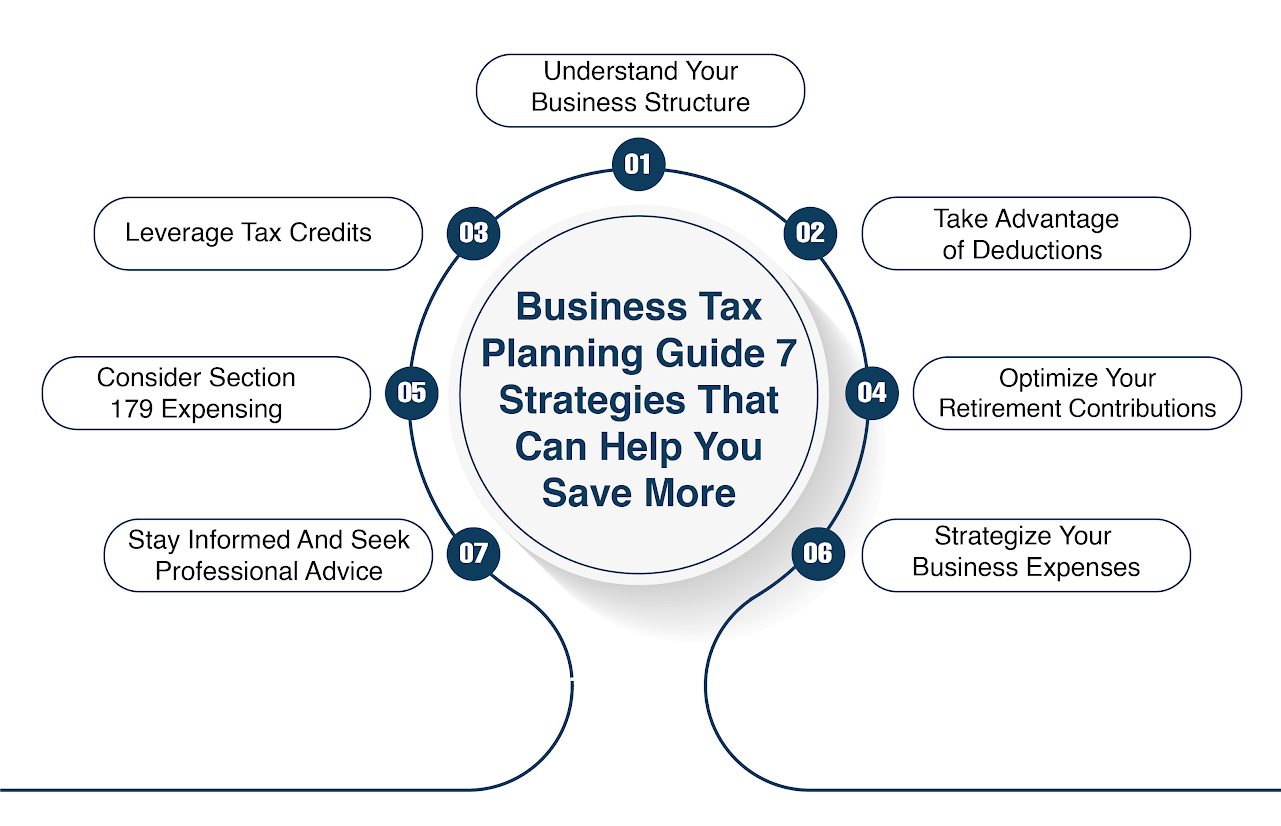When it comes to Payroll Processing or Payroll Services, certain financial aspects are pertinent to it. Managing monthly feasibility reports, audits, bookkeeping, and a lot more. The simple concept about payroll is to provide financial and managerial assistance in salary distribution amongst the employees. The hectic impressions rest in the preparation of the monthly sheet.
Why is payroll processing necessary for the corporate world? What is Payroll Tax vs Income Tax? Well, these corporations and their employees are liable for paying taxes. These calculations of taxes, Federal Tax or State Tax, liable by these entities are detrimental to these payroll sheets. On the termination of Tax Year, an enterprise has to declare its assets and income based on monthly payroll sheets.
But the question is who is plausibly liable for paying the Income Tax as well as the Payroll Tax categorically? Let’s jump into it.
Payroll Tax
The taxes imposed on the working class of the corporate world are different. Some taxes come from the Federal Departments called FICA Tax. While other taxes come from State Departments as well as the Local Authorities. Payroll taxes are legally liable to Employees as well as Employers.
Whether the federal authority is imposing the Payroll Tax or the state authority, both would pay the taxes. What is the ratio of the Payroll Tax in the first place? The officially disclosed ratio of Payroll Tax on employees and employers is 6.2% under the tax compliance.
There is a further increment on the determined tax if the value of the income exceeds $142,800. There is an extra 1.45% tax liable by employees as well as employers as per the defined tax laws. What is the issued date for filing the payroll tax? Payroll tax is applicable once a year. There is a methodology to fall into compliance with Payroll Tax Filing.
If a payroll tax filer isn’t feasible to pay the tax on the due date, there is a way to ensure compliance after the due date. Is payroll tax only a federally imposed tax? No, the payroll tax is plausibly undertaken by the Federal Department, State Department as well as the Local Authorities as per the law. Both, the employer as well as the employee, would be paying the tax.
Income Tax
Payroll Tax is equivocally paid by Employer as well as Employees under federal, state, and local laws. On the contrary, the income tax is applicable to the Employees registered under the private or public domain. Is income tax federally imposed tax on the employees of the public and private domain? Like Pay Tax, the income tax also comes up from the Federal, State as well as local laws.
The income tax is applicable annually as per the laws of Federal, State, and Local departments. What is the actual ratio to pay the income tax as per the regulations mentioned by the respective departments?
There is no particular ratio as to Income tax in the first place. On the contrary, it has a form for the tax filers called W-4 Form. This form holds all the aspects a tax filer has to ensure his/her compliance. The compliance, deduction, and rendering of tax are available in this very form.
After filling the tax form, the employee has to submit their employers to ensure compliance with the tax laws. Because the deduction of the federal taxes is dependent upon the clauses mentioned in the form. An employee can ask the employer about the compliance of the form.
What is Form W-4?
All the employees who are liable for paying the taxes under federal or state tax have to fill the Form W-4. The form after filling needs the submission to the respective employer. The foremost entities of this form include the credentials i.e. the Name, Address, and Social Security Number. These are fundamental credentials of the employees needed on Form W-4. What else falls under compliance of Form W-4 in the second place?
A filer has to disclose the information about,
▪ Job/Multiple Jobs
▪ Dependents
▪ Spouse & Kids
▪ Exemptions
▪ Total Earnings
▪ Refund
All these credentials are explicitly present on the form. If the filer has all these scenarios, he/she has to fulfill all of the mentioned categories. But there is also a validation available for the filers in the first place. Let’s say, any of the mentioned scenarios of a filer changes over time. The marital status of an employee changes; he gets married or divorced. The number of dependents changes over time. Likewise, job designations, i.e. multiple jobs or single jobs, change.
What is the way to proceed if the designation changes? Before filling the next W-4 Form, make sure that you mention the changed designation. It would issue the tax liabilities from the department accordingly. If you aren’t able to mention the changed designation in the form, at the department’s disposal you will be accountable for taxes according to the previous designation. It is easier to draw new prerequisites in the form before submitting it to your employer.
Is there any Exemption in Tax?
Usually, every salaried person is liable to pay the taxes. But there is an element of exemption for employees acquiring a particular amount of annual salary. If an employee is making $8000 annually, he/she comes into an exemption from paying the federal taxes. If an employee is already paying the taxes under mentioned annual earning, he/she should attempt for the exemption and refund. The process is very simple.
There are 4 quarters for the filing of taxes. Before submitting the paperwork for the next quarter of federal taxes, you should attempt for the exemption. Elsewise, the employee making more than the said amount isn’t liable for any kind of exemption.
Also, there is an extra withholding submission for the medical allowances that account for 1.45%. This deduction also falls under compliance with federal taxes. Get along with professional payroll, bookkeeping, or CPA agencies to acquire mentioned insights before going for the next tax return submission.







